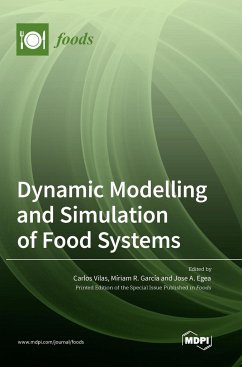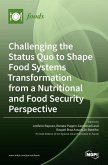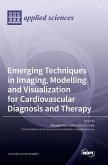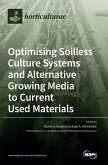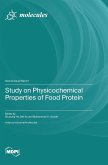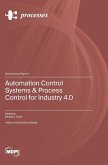Several factors influence consumers' choices of food products. While price remains the main criterion, quality, pleasure, convenience, and health are also important driving factors in food market evolution. Food enterprises are making significant efforts to manufacture products that meet consumers' demands without compromising on safety standards. Additionally, the food industry also aims to improve the efficiency of transformation and conservation processes by minimizing energy consumption, process duration, and waste generation. However, foods are highly complex systems in which: (i) Non-linear dynamics and interactions among different temporal and spatial scales must be considered; (ii) A wide range of physical phenomena occur; (iii) Different food matrices, with different microstructures and properties are involved; and (iv) The number of quality and safety indicators (such as bacteria, total volatile basic nitrogen, color, texture, odor, and sensory characteristics) is substantial. Mathematical modeling and simulation are key elements that allow us to gain a deeper understanding of food processes and enable the use of tools such as optimization and real-time control to improve their efficiency. This Special Issue gathers research on the development of dynamic mathematical models that describe the relevant factors in food processes, and model-based tools to improve such processes. The contributions published in this Special Issue can be grouped into two categories: the evolution of safety and quality indicators in unprocessed food systems, and transformation and preservation processes.
Hinweis: Dieser Artikel kann nur an eine deutsche Lieferadresse ausgeliefert werden.
Hinweis: Dieser Artikel kann nur an eine deutsche Lieferadresse ausgeliefert werden.

